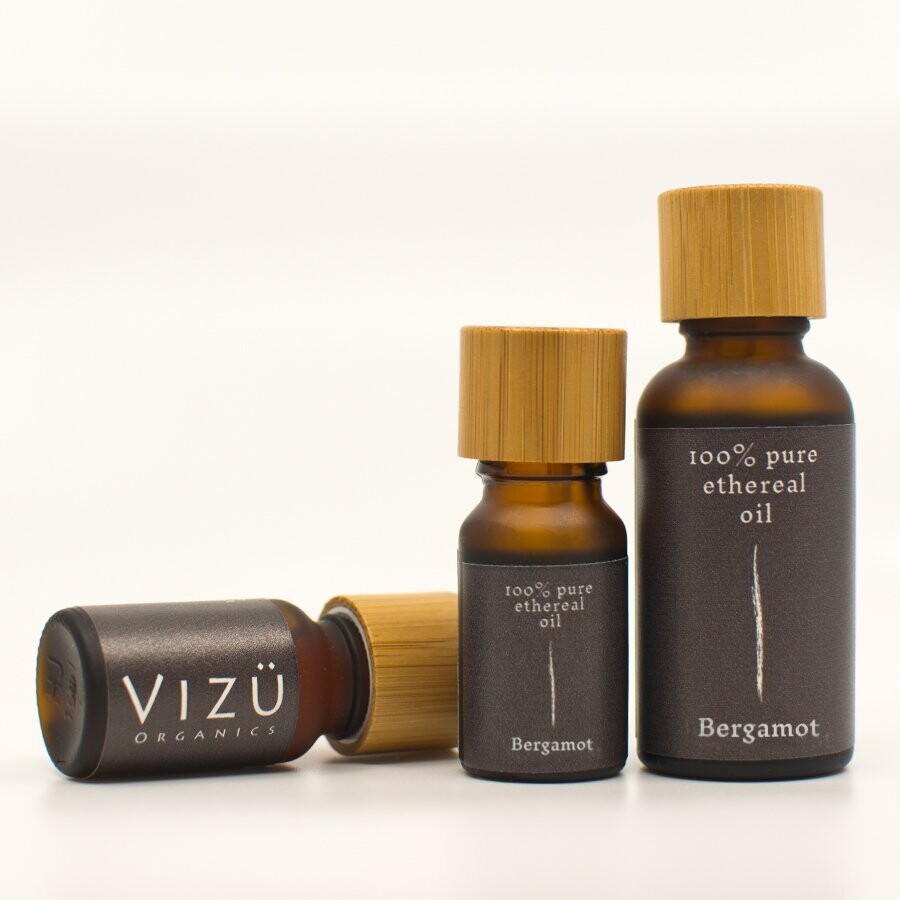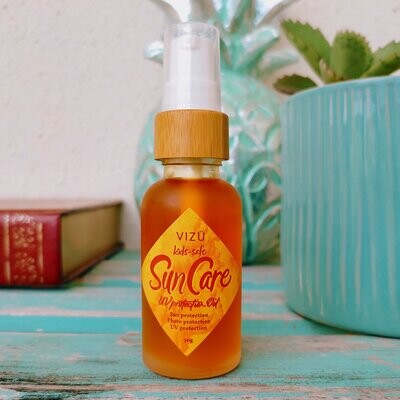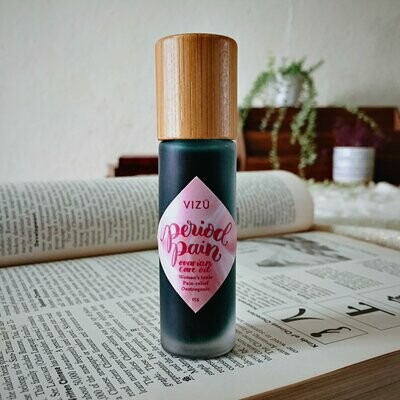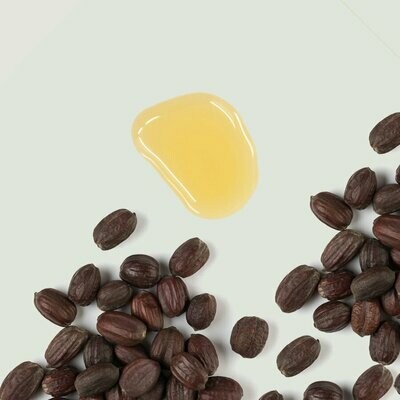Bergamot ethereal oil
Botanical name: Citrus Aurantium Bergamia
Aromatherapy: Colds, fever, flu, infectious diseases, anxiety, depression and stress related conditions. Useful for respiratory ailments. Very effective against travel sickness. Uplifts mood and help treats negativity.
Skin/bodycare: Acne, oily complexion, boils, cold sores, soothes insect bites, varicose ulcers, wounds, psoriasis. Helps with flatulence, mouth infections and UTI.
Precaution: Phototoxic - not reccomended to go outdoors for 3 hours after dermal application. Use bergapten-free bergamot EO instead.
Blends well with: Lavender, neroli, jasmine, cypress, geranium, lemon, coriander, violet, juniper and ylang ylang, sandalwood.
- Bergapten have been found to be phototoxic on human skin that's why it causes sensitization and skin pigmentation when exposed to direct sunlight. Not reccomended to go outdoors for 3 hours after application.
- Extreme care must be taken when using Bergamot EO in dermal applications-otherwise bergapten-free EO should be substituted.
- Otherwise, non-toxic and relatively non-irritant.
A small tree about 4-5 metres high bearing small round fruits and the essential oil is steam distilled from the peels of this fruit. Native to tropical Asia but extensively cultivated in Calabria in southern Italy and grown commercially on the Ivory Coast. Bergamot tree is named after the Italian city of Bergamo in Lombardy, where its oil was first sold.
Bergamot oil got its reputation from the perfume and toiletry industry, but the fruit has been used for years in Earl Grey Tea. Though the fruit pulp is not known to be edible, the juice and peel of bergamot are used in flavouring applications.
The oil has been used in Italian folk medicine for many years, primarily for fever and worms. Recent research in Italy shows that bergamot oil is known to have a wide spectrum of applications, being particularly useful for mouth, skin, respiratory and urinary tract infections.
Bergamot essential oil has powerful analgesic as well as antibiotic and has mild antiseptic qualities. It is used to treat fear, hysteria, tension, stress, depression and anorexia, plus hair loss and all types of skin infections.
Herbal Folk Tradition
Bergamot is an evergreen tree believed to be a cross between the sweet orange and another type of citrus tree.
The Greeks say that the name comes from a Turkish word that means “the lord’s pear,” but the Italians say the name comes from the town where the bergamot was first sold, which is Bergamo in Lombardy, Italy.
Though the fruit pulp is not known to be edible, the juice and peel of bergamot are used in flavoring applications: bergamot adds flavor to Turkish delight, baked goods, marmalade and snus (a kind of smokeless tobacco popular in Norway and Sweden).






